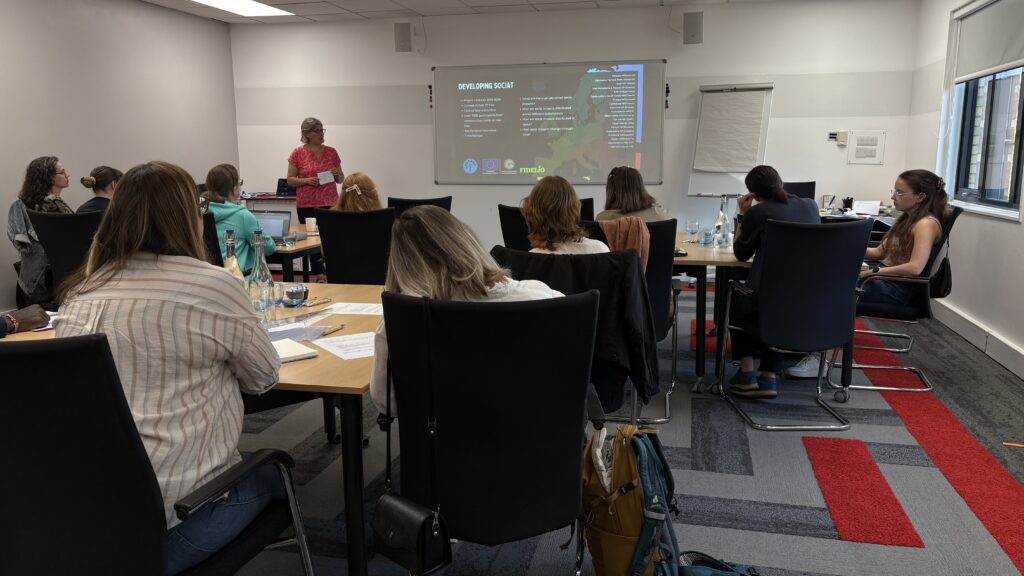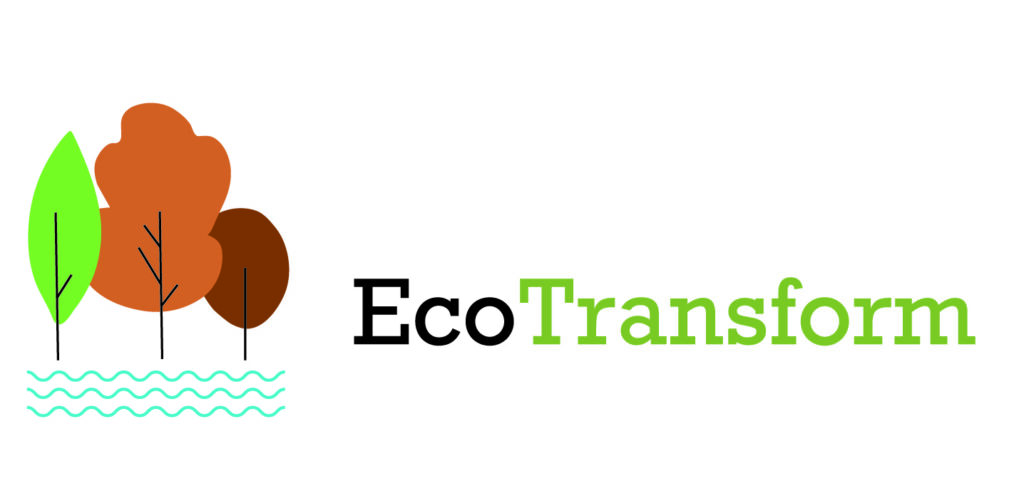Our work
Everything we do at EcoTransform recognises and responds to the multi-dimensional nature of environmental policy, consolidating and quantifying it to better understand it.
We’re continuously gaining insight into wide-reaching policy implications, so we can work with you to plan for a better future.
We bridge the gap between cutting-edge research and policy design, working across three key themes:
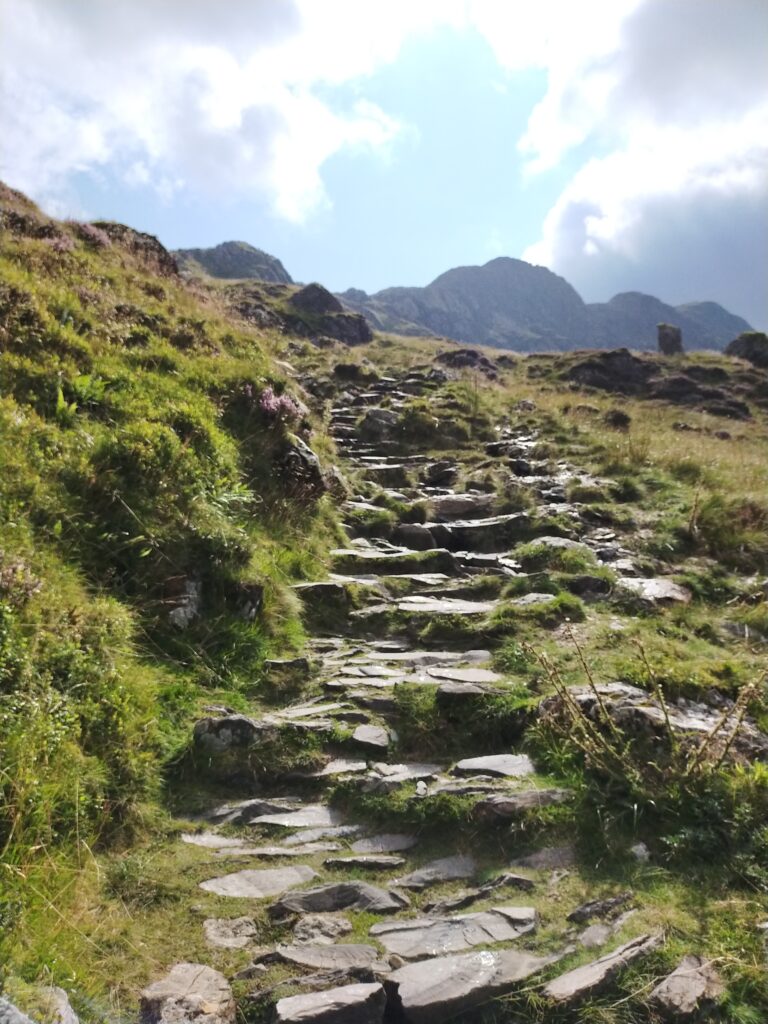
Policy evaluation
Our bespoke evaluation process helps us understand what makes policies work, and why, so we can help you plan multi-dimensional policies for the future.
By capturing outcomes, measuring impacts, and identifying the forces that drive change, EcoTransform can design smart interventions that simultaneously address environmental challenges and increase social value.
Social impact
We know environmental policies can transform socio-economic prosperity. In order to maximise social impact, we need the right tools to measure it, and interpret it.
The expert team at EcoTransform employs a blended measurement approach, combining a range of methods from workshops and surveys to advanced modelling and geospatial techniques.
Training
Upskilling your team is key to embedding critical thinking and continuous evaluation throughout policy development.
Our training builds the skills needed to select appropriate tools and capture the full range of social and environmental impacts. It empowers staff to draw meaningful conclusions, identify optimal interventions and contribute to transformative change.
Learn more about some of our recent work here
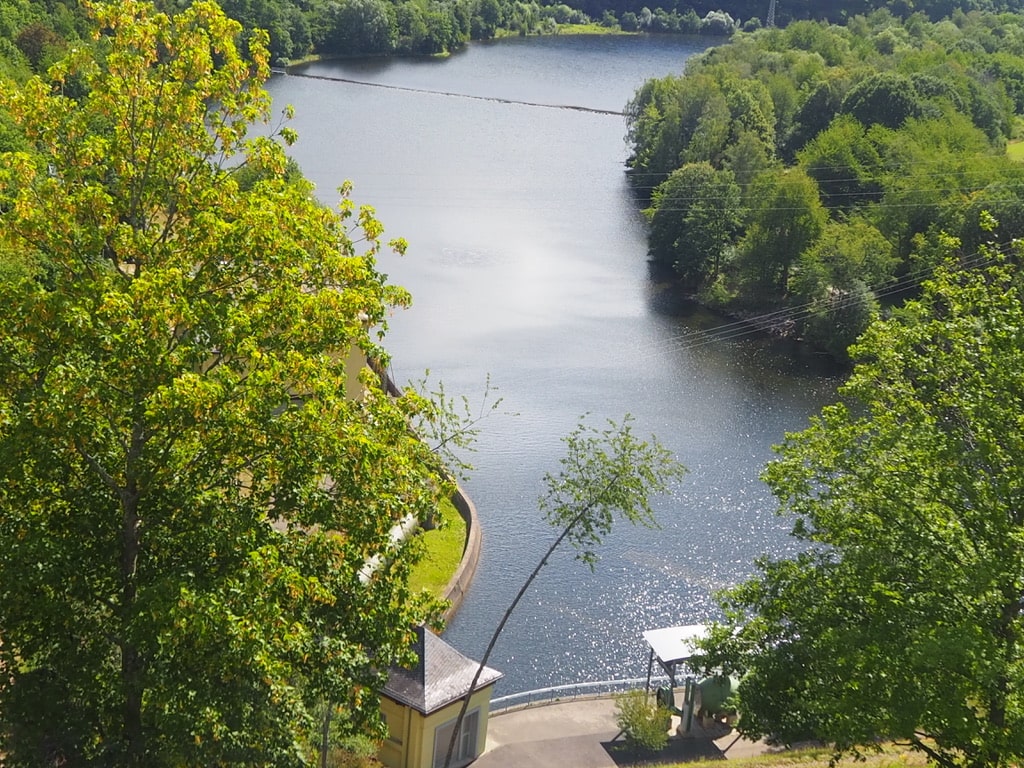
Developing a Social Impact Assessment Framework for protected areas (SOCIAT)
Our team has developed a detailed social impact assessment framework as part of the European project FIDELIO led by the University of Warwick. The framework captures the social outcomes of protected areas, explaining also the main reasons that these outcomes are perceived in the way they do by communities and also how these impacts are distributed in space. You can read more about this work at www.warwick.ac.uk/sociat.
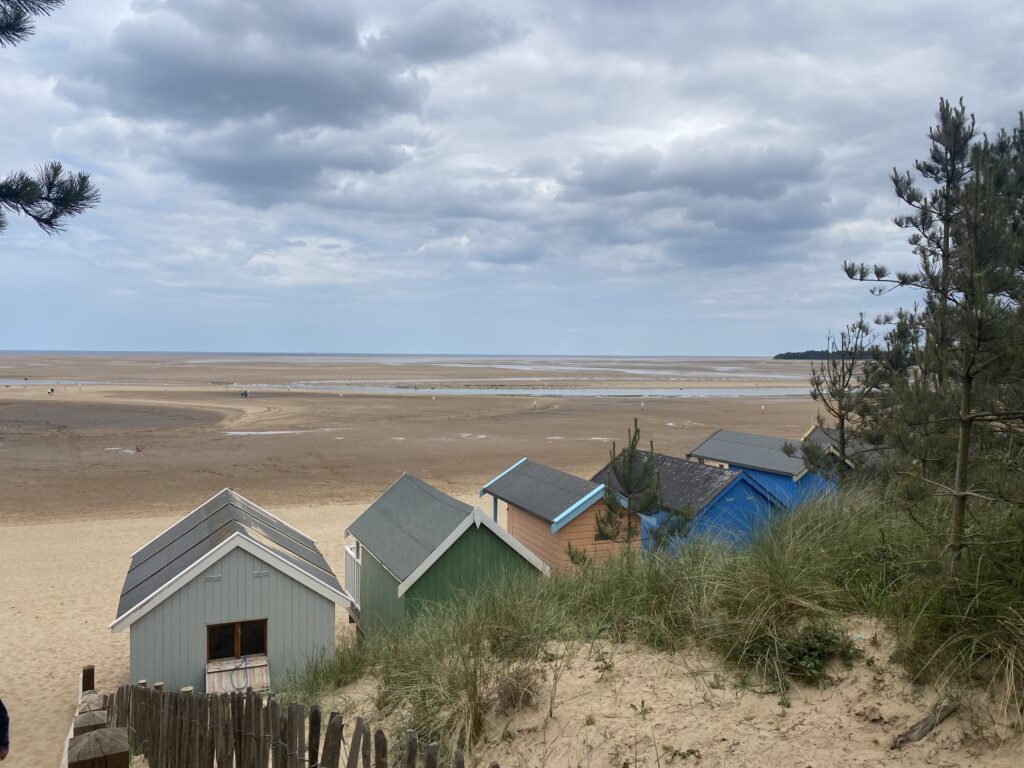
Wholescape Action Research Program (WARP)
The Wholescape Programme, championed by WWF-UK in partnership with local conservation groups, councils, and community stakeholders in Norfolk, tackles the region’s interconnected environmental challenges. Its main objectives include habitat restoration, enhancing climate resilience, supporting the move to sustainable food production and fostering community involvement. We developed an innovative methodology showcasing the outcomes of Wholescape by extracting insights and promoting active local engagement. Through WARP, we chronicle Wholescape’s progress across various timeframes and offer WWF valuable insights for reflection.
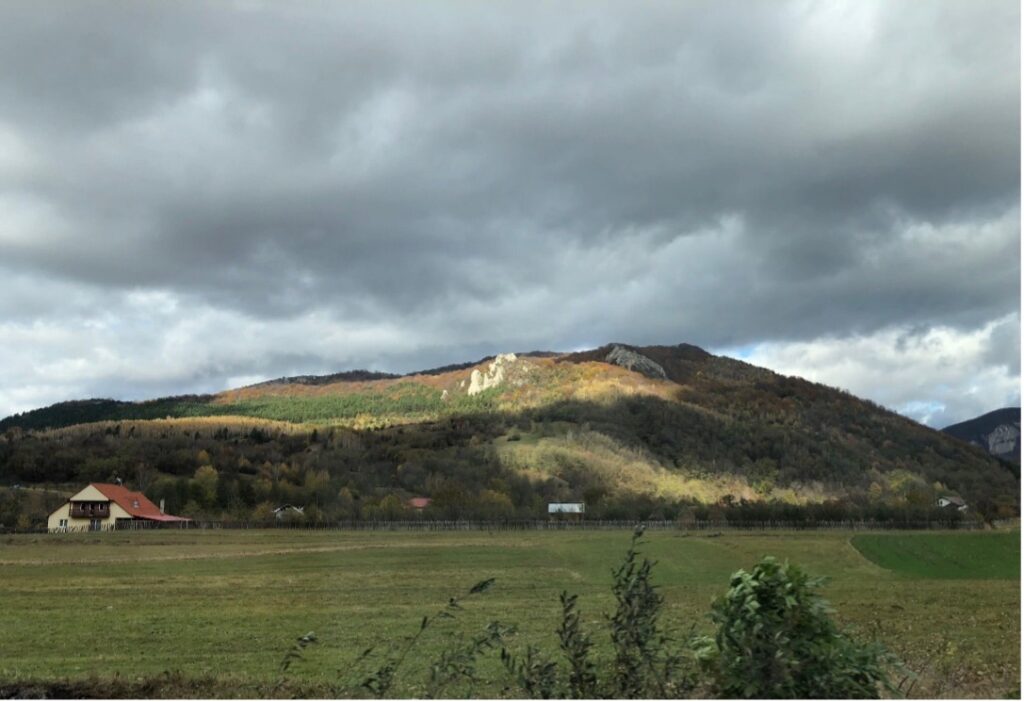
Evaluating the effectiveness of mitigation measures minimising human-wildlife conflicts in the Romanian Carpathian
